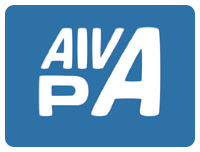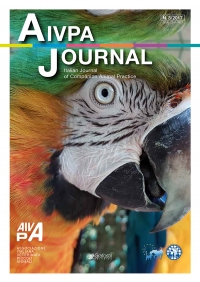Clinical efficacy of autologous platelet-rich plasma (prp) in treatment of perianal fistulas in a german shepherd dog
Clinical efficacy of autologous platelet-rich plasma (prp) in treatment of perianal fistulas in a german shepherd dog
Authors
Perego R., Spada E, Baggiani L., Moneta E., Proverbio D.
Dipartimento di Medicina Veterinaria, Università degli Studi di Milano
Via Celoria 10, 20133 – Milano – Italia
Roberta Perego
Corresponding author
Summary
Platelet-rich plasma (PRP) derived from whole blood is characterized by platelet concentrations above baseline in a small volume of plasma and can stimulate cell proliferation accelerating the healing process. Canine perianal fistula disease (PAF) is a chronic and painful disease of the anus, perianal skin, anal sacs, and adjacent tissues that affects predominantly German shepherd dogs.
This report describes the clinical efficacy of autologous PRP obtained with an in-house double centrifugation validated method in the treatment of multiple perianal fistulas in an eleven year old German Shepherd dog.
Autologous PRP (0.5ml) was obtained from a citrated blood sample of 8 ml by in-house double centrifugation and administered directly into fistulas by 3 injections at weekly intervals.
Complete healing of the lesions occurred one month after the first treatment with PRP without the use of any drugs. No recurrences were observed in a one year follow up period.
This case report demonstrates that autologous PRP obtained with an in-house double centrifugation method could be an effective, minimally invasive and easy to perform topical therapy in the treatment of canine perianal fistulas.
Keywords
platelet rich plasma, perianal fistulas, dog, in-house method


